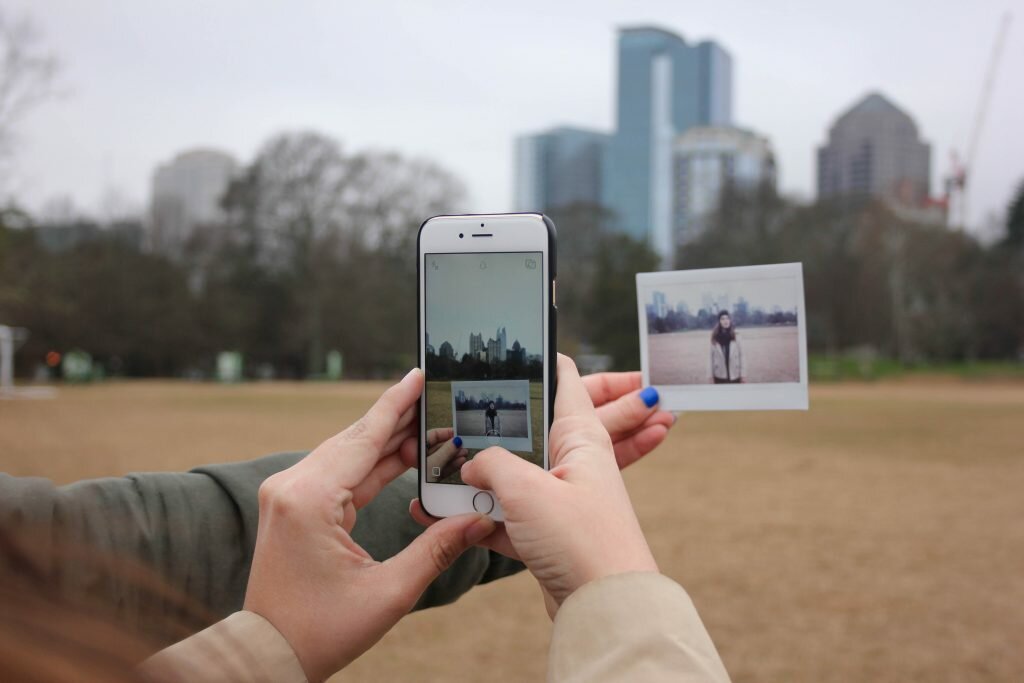I’m not the fount of social media insight, but I’ve learnt a few things over my many years on Facebook, Twitter, Instagram, and all their friends. These insights I would like to share with you, to help you gain control over your online life.
Know When To Back Away
The other day, garbage morning TV show Sunrise gave space to Nazi flatworm Milo Yiannopoulos. Enraged, I headed to the Sunrise Facebook page to inform them they had done a dumb, harmful thing. When I returned to the post, my eyes were drawn to the link that read “2 of 2,354 comments”. As it loaded I closed the page. I reflected: why would I do that to myself? What good could possibly come of engaging with commenters that come out in strident defence of a lying, bigoted grifter? My commenting policy has (admittedly, on-and-off) been thus: I will jump in only to correct erroneous information or to tell Nazis to fuck off. It is foolhardy to think you can engage in proper ‘debate’ with people that are willfully ignorant, happily bigoted or in for the trolling LOLs. It is simply not worth your time and energy, no matter how, admittedly, intellectually superior it makes you feel to spout off on dunderheaded racists.
Don’t Romanticise
Whether it’s FOMO or weapons-grade envy, social media can allow us to paint the picture of ourselves we want others to see. Which means that those on the receiving end of your Instagram pics or holiday Facebook posts only get your carefully curated and edited content. It can be alarmingly easy to feel bad about what you have, or don’t have, when comparing yourself to others. A self-perpetuated race to idealised perfection that no-one can win. Be aware, when scrolling, that you’ve no idea what the life on the other side of that selfie is really like, and enjoy your own.
Have A Think
A good (but by no means all-encompassing) rule is not to make too many assumptions when engaging on social media. Leaping to conclusions is a mistake we all make. But, it can have varied repercussions, from the awkward to the disastrous. We’ve all inadvertently tweeted out wrong or misguided information, or a hot take that maybe needed some more time in the oven. In his book, So You’ve Been Publicly Shamed, author Jon Ronson investigates online shaming and its larger consequences. It’s an interesting read, and shows how brutal and strong the power of the mob can be. Context can sometimes be key, as can irony, satire and outright deceit; humour context was a key factor in Lindsey Stone’s infamous photograph that damn near destroyed her life. Sometimes, it is only after the fact that we regret a part we may have played in something like Stone’s Twitter takedown- and perhaps, had we considered the wider ramifications beforehand, we might never have taken part in the first place.
Engage, Empathise, Reach Out
Mental health concerns require proper treatment. I wouldn’t suggest using your social media as a substitute for long-term help. Something like loneliness can be stifling, and, as someone that spends a lot of time alone, sometimes a simple bit of back-and-forth online can do a surprising amount of good. I’ve been on opposite side of this too. Messaging someone to simply ‘check in’ if their posts sound a bit morose, or if they’ve outrightly asked for help in some capacity. I’ve even made friends this way, simply by offering whatever help I can. In a time of both high stress and the rapid depletion of mental health services, we need to look after one another, online and offline.
Image Sources: The Social Man.




